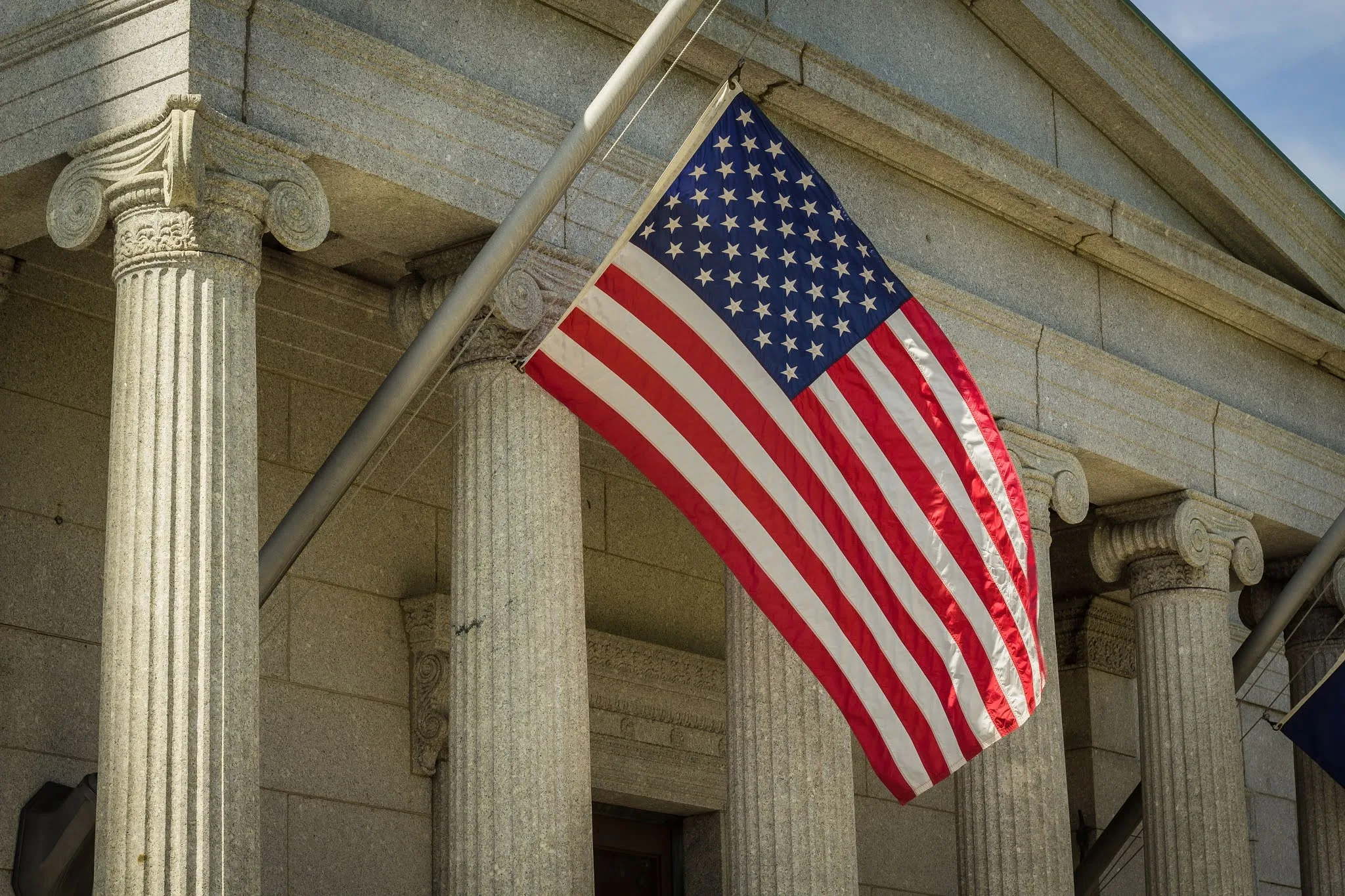A dispute between people or private organizations involves civil cases. Offences considered harmful to the community as a whole involve criminal cases. Civil and criminal laws are different, but there is a brief overlap between them. You must understand their differences and similarities before considering civil vs criminal cases.
 |
| Photo by Bonnie Kittle on Unsplash |
The majority of lawyers specialize in either civil or criminal law. If your case involves a crossover, it is better to visit the law offices of Catherine A. Schwartz, an all-rounder law agency in California. Specialists for both civil and criminal law will ensure a better outcome for your case.
Civil Cases
A civil case involves a plaintiff and a defendant.
Plaintiff is a person or an entity, like a corporation or the government, that seeks compensation for damages caused by the defendant.
Defendant is a person or an entity that is accused of failing to carry out its legally mandated duty to the plaintiff.
Plaintiff and the defendant are both collectively called ‘parties’ or ‘litigants’. The plaintiff beseeches the court to force the defendant to fulfil a duty or pay compensation for a failure to do so.
Both the state and federal courts deal with civil cases.
- Suppose a private citizen sues another for violating the terms of a local business contract. This case will be heard in a state court.
- Suppose the business contract extends beyond state lines and exceeds the $75,000 minimal requirement. This case will likely be heard in a federal court.
Private citizens, organizations and the federal government can claim violation of constitutional rights or federal statuettes. Under these circumstances, they can bring their civil suit to a federal court. For example, a private citizen may sue the police department in federal court for racially motivated arrest.
Criminal Cases
Typically, someone accused of a crime is charged in a formal accusation. This can result in an indictment for felonies or severe crimes, or serving proper notice for a misdemeanour. The government prosecutes a case on behalf of the people through the United States attorney’s office. A district attorney (DA) only prosecutes state crimes, not federal ones.
A victim does not have to bring a criminal case to court. It is the government’s responsibility to prosecute the accused when the victim cannot be a party to the case. Some cases do not have an apparent victim, like buying and using drugs. In such cases, the government takes the initiative of arresting and prosecuting the offender.
Upon sentencing, the criminal may be ordered to;
- Pay a fine or compensation to the victim
- Incarceration
- Probation
- A combination of the three
Civil versus Criminal Cases: What To Do When They Crossover?
Civil cases involve private dispute, and criminal cases involve acts against your city, state, nation, or federal government. These cases are straightforward and require only a specialist lawyer of that particular field. However, some cases may overlap.
For example;
- A private citizen may sue a doctor for medical malpractice in addition to a criminal malpractice charge.
- Someone with a homicide charge may also be privately sued for wrongful death.
The criminal cases may result in fines, incarceration, or other penalties upon conviction. The lawsuits are usually focused on monetary rewards to compensate the victim.
This is a collaborative post by another author.


.jpg)

.jpg)

.jpg)
.jpg)










No comments
Thanks for your comment (unless it's spam in which case, why?)